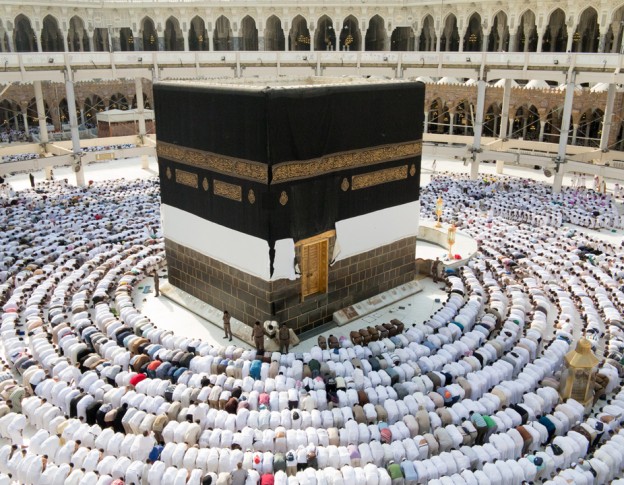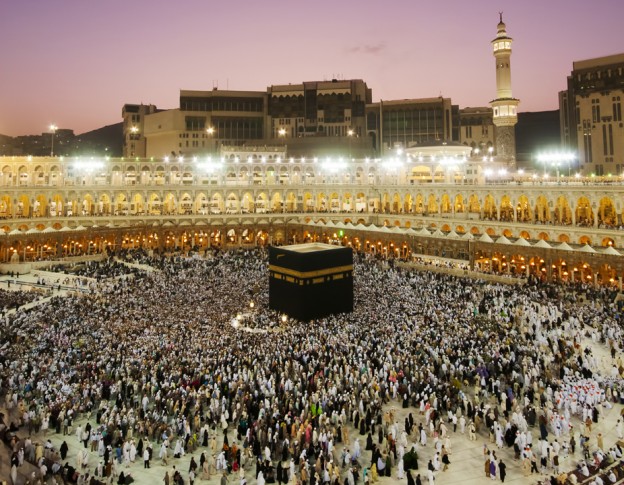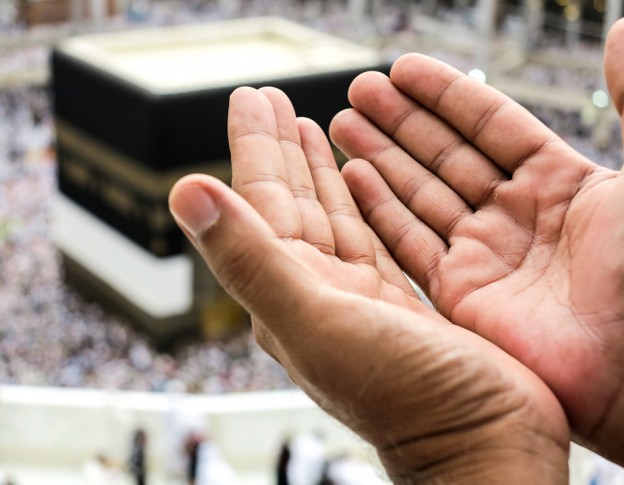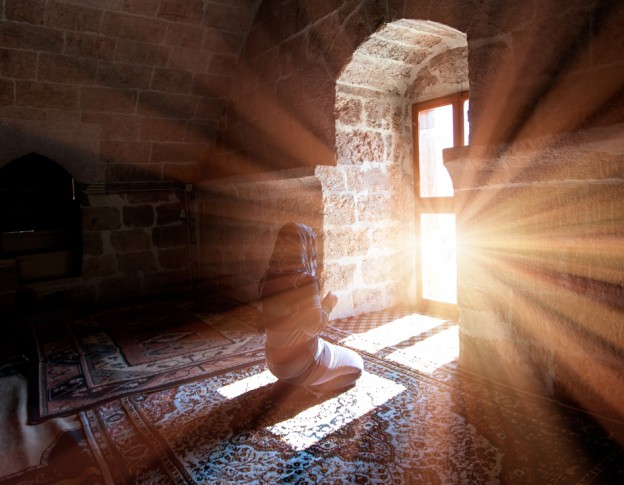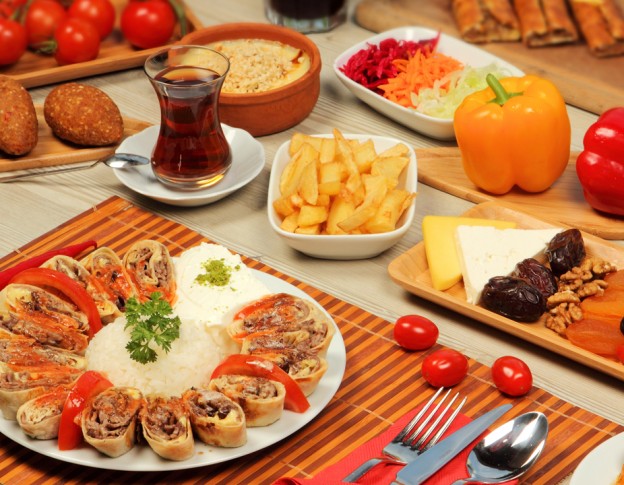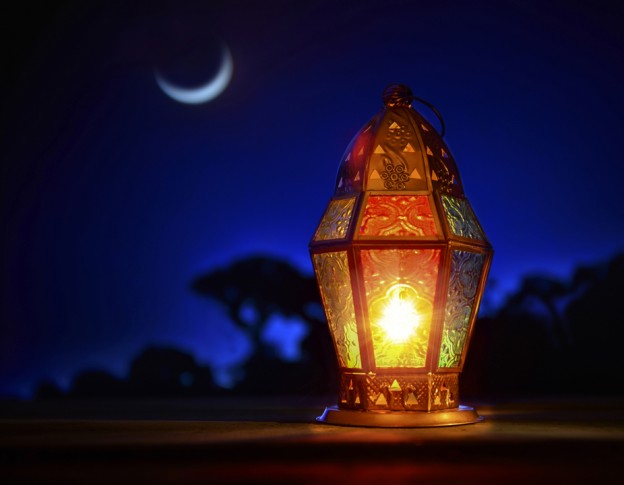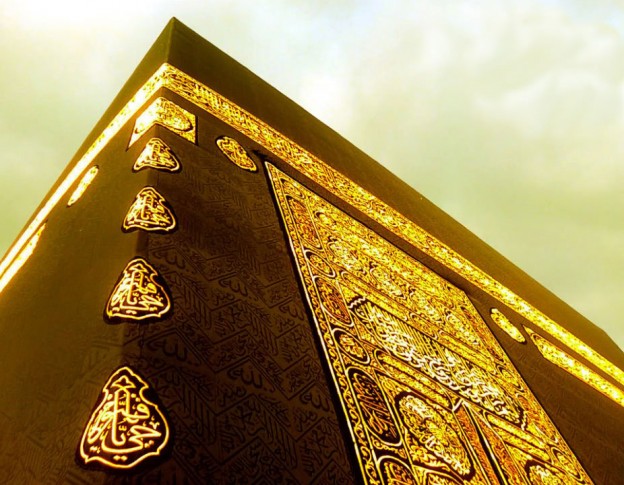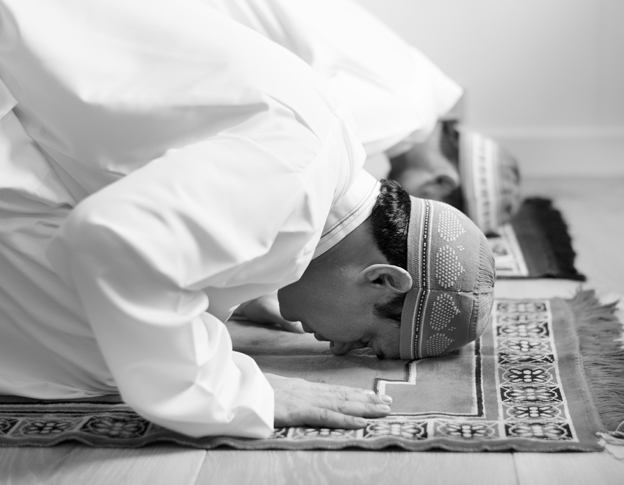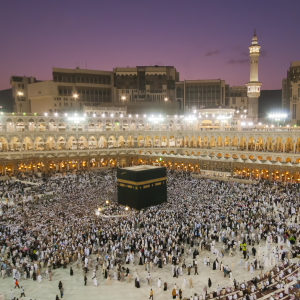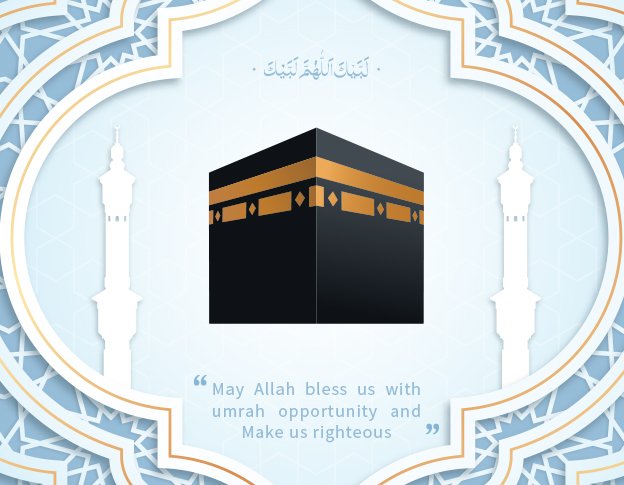- to share | to connect | to create | to inspire Be mindful of ALLAH and ALLAH will protect you
Story of the heat absorbing Giant Umbrellas!
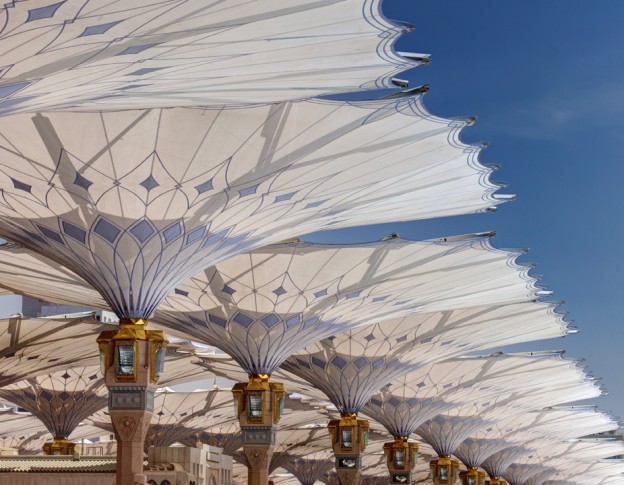
Located at the Medina Haram Piazza in Saudi Arabia
Every year, a huge number of pilgrims come down to the Al-Masjid an-Nabawi mosque located in Medina, Saudi Arabia.
This holy journey that hitherto was in the winter or cooler fall months; however, due to the changes in the lunar calendar, the pilgrimage time now falls in hot summer months. This results in making a sunshade absolutely necessary.
The architectural planning of the Medina Haram Piazza project was given to a Germany based SL-Rasch GmbH in Leinfelden-Echter-Dingen. The Saudi Binladin Group was aware about the usage of PTFE fabric crafted by Sefar from Switzerland. It was then found out that only this fabric could meet the exceptional climatic demands. This fabric has a tremendously high tensile vigor that gives UV-stability, flexibility, fire-resistance, and is well effective in the basic shading and proper light conduction. Read More…





